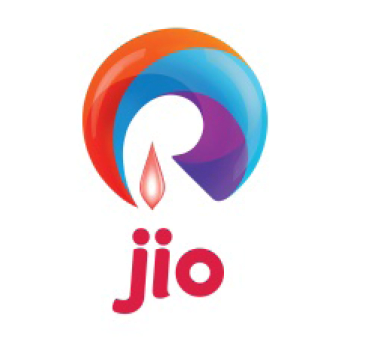Without a disruptive pricing on tariff and devices, Reliance Jio can not succeed to win people's hearts.
 Reliance Jio, the telecom arm of Mukesh Ambani owned Reliance Industries is gearing up for the commercial launch of its voice & data services in next 6-9 months. The company acquired pan India spectrum on 2300MHz band and minimum 5MHz spectrum on 1800MHz in 14 circles.
Reliance Jio, the telecom arm of Mukesh Ambani owned Reliance Industries is gearing up for the commercial launch of its voice & data services in next 6-9 months. The company acquired pan India spectrum on 2300MHz band and minimum 5MHz spectrum on 1800MHz in 14 circles.
The company made deals with Reliance Communications and Bharti Airtel for sharing their towers and optic fiber network for faster rollout process. Many analysts believe that agreements with Airtel would lead R-Jio to stay away from engaging a tariff war, as to maintain a healthy environment in Indian telecom.
Coverage, availability & Competitors
- the bottlenecks on the success of Reliance Jio.
Jio has spectrum over 2300Mhz which gives limited coverage. If they plan for pocket coverages across the cities and towns users will not get a smooth and seamless experience. Jio is yet to get 1800Mhz spectrum, but this spectrum can be used as the bridges between pockets deploying a dual-mode LTE network. This 1800 Mhz spectrum can also provide seamless voice services for Jio's customers via CSFB mechanism.
But Reliance Jio has certain issues - at present GSM players are expanding their 3G/HSPA networks at a rapid rate and CDMA players like MTS India and Tata Tele have quite good coverages for their CDMA-EVDO networks. Those are using GSM devices, they can easily shifted to Jio. But those are using EvDO dongles (very few users use EVDO on smartphones) they use it for the wide coverage. So unless Reliance Jio matches its coverage to that level people will not move from existing mobile broadband (3G & EVDO). Also certain 3G/GSM schemes on new SIM offer awesome offers (for Rs 300-400, get 2GB/month for 3 months) to attract customers.
Second level competitors will be regional cable or fiber based wired broadband service providers. For example in Kolkata there are Meghbela, Alliance, Citi, Kailash, Manthan etc who provide very cheap true unlimited broadband plans and most of them encourage people use WiFi routers to share the internet over multiple devices. As these ISPs offer peering for faster torrent download and few website load, young people moved to them leaving cash-starved, age-old-network-equipped BSNL. Such customers pay around Rs 1000-2500 for installations, plus wifi router cost. So these customers may not shift to Jio immediately.
So Jio's success depends upon widest coverage, proper strategies to offer 'sastay pustikar' (= cheap but best) services.
I believe in Reliance Jio, do you? Drop comments!!















